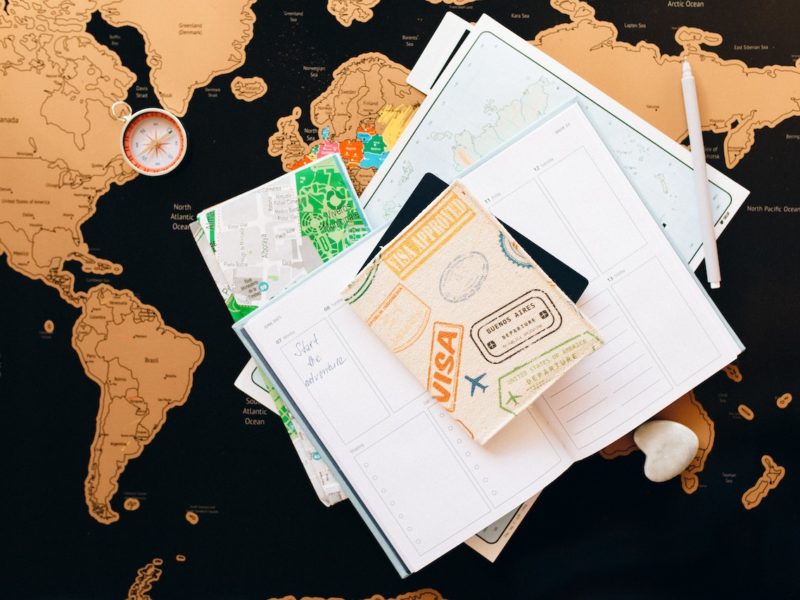International travel is a whirlwind of an experience. Whether you’re on vacation or taking an international business trip, you get to experience a culture and society different from your own. There are opportunities to learn plenty of new things and create long-lasting memories. It’s fun and exciting but can also be quite intimidating.
Since you’re out of your normal routine and surroundings, you can easily feel overwhelmed and cultural shock. If there’s one common experience people will tell you is a challenge, it’s international dining.
International dining is a lot of fun, though, and you’d be doing yourself a disservice by not going out to a restaurant at least once. It’s a part of the international experience worth trying.
Take a look at these five tips to help you navigate international dining. It could help alleviate some of the anxiety you might be feeling.
Know common etiquette
When it comes to dining out, there are certain unspoken dining etiquettes that exist. They may seem strange to you, but you should do yourself a favor and research what they are.
For example, in France, it’s considered normal not to receive any butter with your bread, and it might be rude if you asked for any. In Japan, it’s considered rude to eat before everyone’s received their food order.
Do your research ahead of time to know what is considered rude and how you should ideally behave. It’ll have saved you from any awkwardness or embarrassment.
Know common phrases
Knowing common phrases is a general guideline whenever you do any international traveling. While you don’t have to be fluent in the local language (it certainly helps, though), you should at least be somewhat familiar with basic requests.
Some common phrases you might want to know are “Where’s the bathroom?” or “What kind of dish is this?” Your pronunciation might be awkward, but you should give it your best shot.
You should also stick to simple phrases. The more complicated you try to get, the more people will be completely confused by what you’re trying to ask.
Use translation tools
As much as it helps to know some basic phrases and customs, you won’t be prepared for everything. This can include unfamiliar items you see on a menu or a question you just don’t know how to ask.
You should keep a phrasebook or translation dictionary close by. Alternatively, if you have good internet service, you can use something like Google translate to help you communicate better.
It may feel awkward to have to look stuff up, but it’s okay and natural. People may give you a weird look, but it’s better than ordering or saying something you don’t want to.
Be aware of your limitations
The less pressure you put on yourself, the better your dining experience will be.
You shouldn’t expect to be an expert in dining at whatever destination you’re going to. Try your best and do what you can to reduce the amount of awkwardness.
If you mispronounce a word or need help trying to understand what something means, it’s okay. You’re going to mess up at some point, and you shouldn’t be too hard on yourself. You need to give yourself credit for attempting something out of your comfort zone.
Stay calm
It will feel like a rush when you enter a restaurant in an unfamiliar country. You’ll feel excitement, but you can also feel insecure and anxious. You’ll see people ordering food like it’s nothing while you are trying to stay composed and remember everything you learned about the country’s etiquette.
During these situations, you need to stay calm. You need to put in your best effort to order food, dine, and enjoy yourself.
It’s okay to feel uncomfortable in these situations. They’re a whole new experience. Plus, odds are whoever is serving you, and even the people around you, probably realize you’re a tourist. They might judge you, but you shouldn’t dwell on it. Odds are you won’t see any of these people ever again, so just relax.
International dining can be a challenge, but it’s worthwhile to do. You can learn a lot, and ultimately, enjoy some good food. Plus, even if you screw up, it’ll make for a funny story you can tell all your friends.


